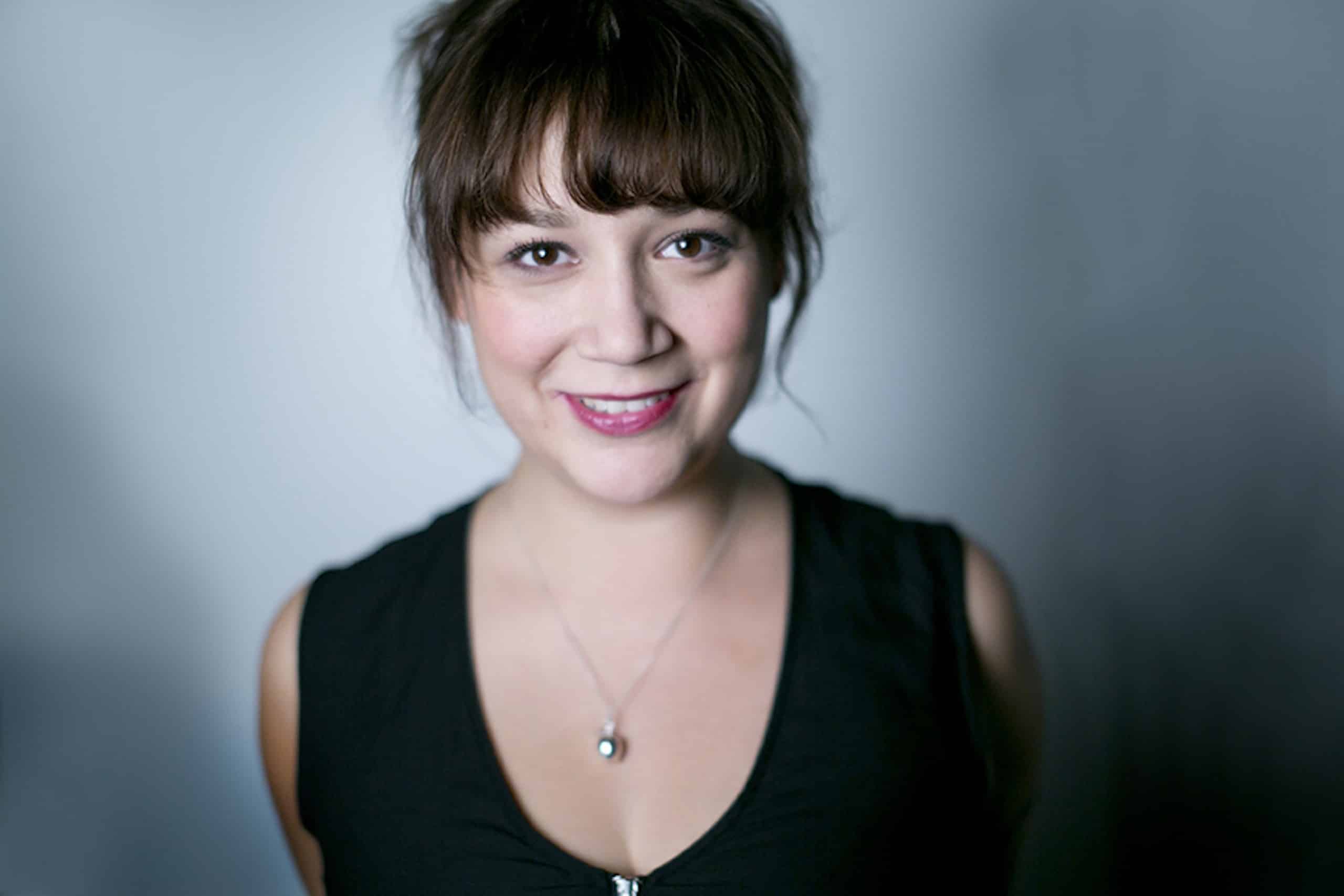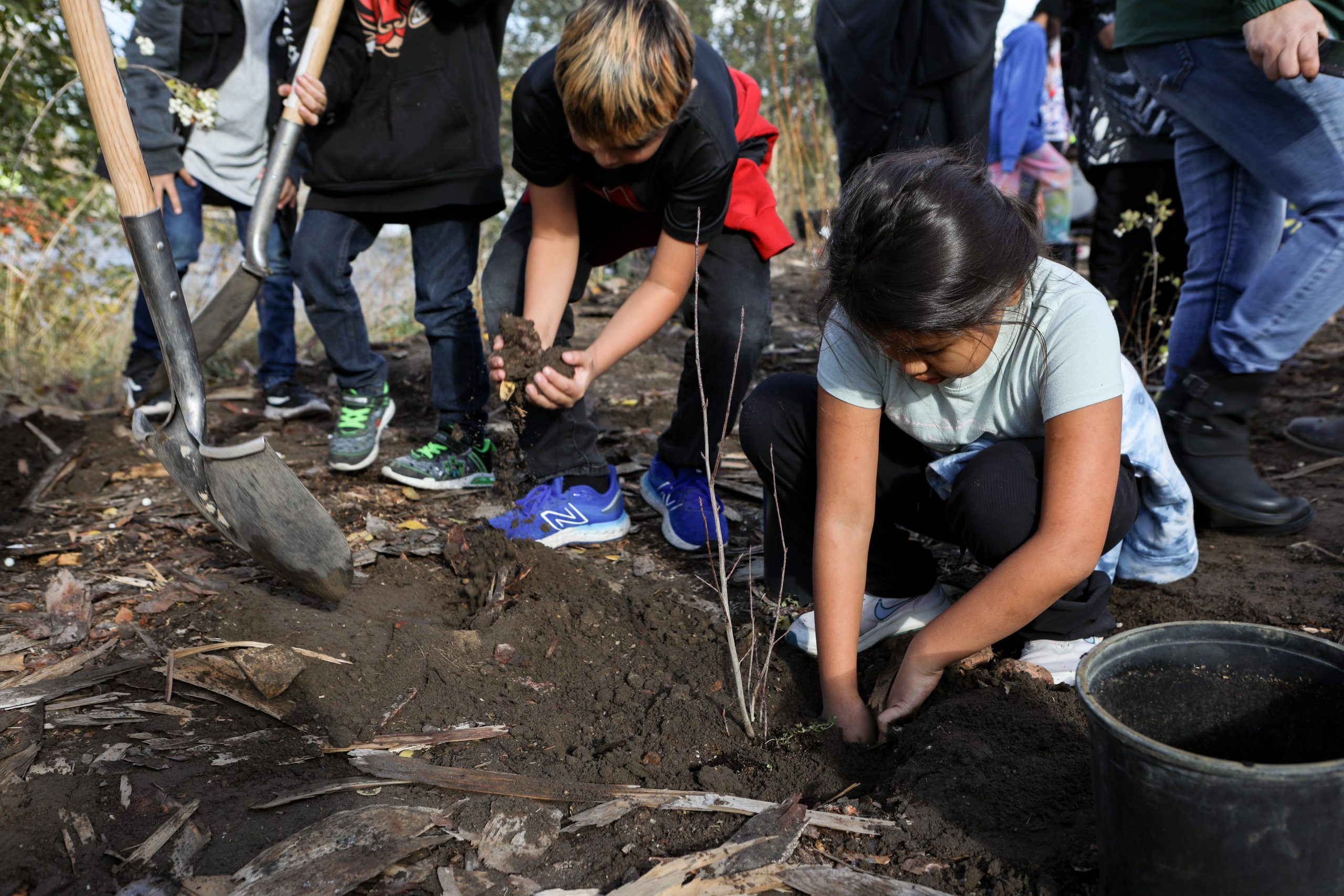Storytelling, truth-seeking and Hot Docs: In conversation with Mohawk podcaster Falen Johnson
After three seasons, the CBC podcast The Secret Life of Canada has been an undeniable success — telling fascinating and sometimes heartbreaking vignettes about people and events that have previously gone largely untold.

Content Warning: This story contains content that relates to residential “schools.” Please honour your body and spirit and read with care.
After three seasons, the CBC podcast The Secret Life of Canada has been an undeniable success — telling fascinating and sometimes heartbreaking vignettes about people and events that have previously gone largely untold.
From Inuit Matriarchs, to Winnipeg’s queer history, to Canada’s ban on Black nurses in the twentieth century, listeners hear many important stories from throughout the country’s history.
When I started listening to the podcast recently, I admittedly approached with caution, because I knew it would touch on subjects I’m sensitive to, such as residential schools and other aspects of colonization. But I was quickly enthralled by the show, and the way co-hosts Falen Johnson and Leah Simone Bowen approach many painful issues with kindness and care.
I felt safe listening to the playful rapport between these two women — one Black, one Indigenous — who are well-positioned to educate on the many issues that have been overlooked, or even actively suppressed, throughout our shared history. Johnson and Bowen lure you in with their witty banter, and then they educate you. The effect is powerful, which the podcast’s popularity is a testament to.
Last week, I sat down with Johnson over Zoom in advance of the sixth annual Hot Docs Podcast Festival, which is happening online between Jan. 25-28. Along with her participation in the festival, we discussed the history of her and Bowen’s mega-successful podcast, her thoughts on reclaiming the narrative as an Indigenous person in media, and her hopes for the future of Indigenous youth.
The renowned Mohawk and Tuscarora (Bear Clan) playwright and broadcaster is from the Six Nations Grand River Territory, but joined me from where she now lives in Montreal.
‘We’ve not been asked to come to the table.’
When asked about the impetus for the podcast, Johnson can connect it back to one memory from her childhood that has stayed with her. She was in grade five and was eager to begin an Indigenous studies unit, something she thought she would do well at because of lived experience. But instead, her teacher at the time — armed with racist assumptions — told the class that “before the white man came to Canada, [Indigenous people] ran around naked.”
“I just remember lowering myself in my chair, because I was like, ‘well, I didn’t know that and that’s the teacher and the teacher must be right,’” she says.
“I went home, and I asked my dad about it, and he told me that it was not true. But I think that those moments are still happening. For a lot of Indigenous kids in the Canadian school system, the facts aren’t there, because we’ve not been asked to come to the table to deliver them.”
When Johnson and Bowen, who knew each other through the theatre community, started The Secret Life of Canada podcast in 2017, they wanted to dig deeper into stories that revealed truths about the country’s past. She and Bowen sought to root the stories in a strong grounding of fact while giving people a “jumping off place” to learn more if they desire.
“That was the whole reason why we started it,” Johnson explains, “so that we were in control of the stories.”
The two friends produced the show independently for its first season, which had its challenges, Johnson shares. Instead of a studio, they recorded it in a blanket fort.
When it aired, the show was an instant success.
“When the first episode came out, it shot up the charts,” she says. “We ended up at number two on the Apple charts.”
Johnson and Bowen were able to leverage that success to become the first acquisition at CBC Podcasts, Johnson explains, adding that until then, CBC had produced all of its podcasts in-house.
“I always feel like I snuck into the CBC through the back door,” jokes Johnson, who went on to guest host CBC’s Unreserved for the 2020/2021 season. “Like somebody left it ajar when they were smoking and forgot to close it.”
Avoiding the colonial lens
Throughout the acquisition process, Johnson and Bowen were able to hold onto the rights to their work, which was important to them as a way to reclaim the narrative of their respective communities. Johnson notes the damaging way Indigenous and Black people have often been portrayed in mainstream journalism under the colonial gaze.
“The damage has been done by that lens that’s been put over us,” she says, but adds that they feel at home at the CBC.
“They’ve been really supportive of some of our wacky ideas.”
Johnson and Bowen are hosting the opening night event of the Hot Docs festival on Tuesday, where they and other leading creators in podcasting will be discussing their work. Johnson is most excited, however, about the class she and other Indigenous creators are holding on their creative processes and the current state of Indigenous podcasting.
Clearing the path
Along with Johnson, other Indigenous creators who are featured in the festival this year include Connie Walker (The Search for Jermaine), Pam Palmater (Warrior Life) and Ryan McMahon (Thunder Bay).
Johnson is thrilled with the number of up-and-coming Indigenous podcasters out there, and says she’s noticed a wave of new Indigenous-led shows.
“I’ve been loving seeing all of the stuff that people are making,” she says. “It’s exciting.”
Since we were considering the future of podcasting, it seemed appropriate to close the interview by asking Johnson a question that IndigiNews is asking people we interview this year: What is your hope, prayer or vision for future generations? What do you hope they have in their lifetimes?
“I hope they have the courage and tools to be able to tell our stories with pride and confidence,” she says. “I think we have a lot of gifted storytellers … That road that was cleared for us, I hope I can help continue to clear it to make it a little bit easier for them to walk down.”
Author
Latest Stories
-
‘Bring her home’: How Buffalo Woman was identified as Ashlee Shingoose
The Anishininew mother as been missing since 2022 — now, her family is one step closer to bringing her home as the Province of Manitoba vows to search for her
-
Amid climate impacts, leading Secwépemc firekeeper shares ‘a better way of looking after the land’
In a time of worsening wildfires, Joe Gilchrist says cultural burning ‘needs to be multiplied hundreds of times’ — returning to Indigenous stewardship












